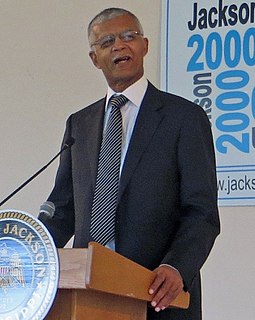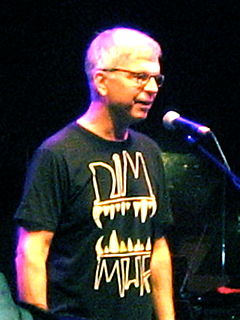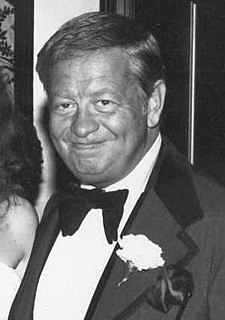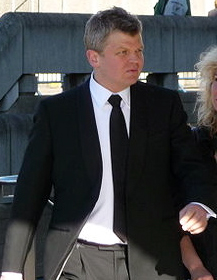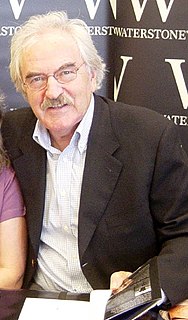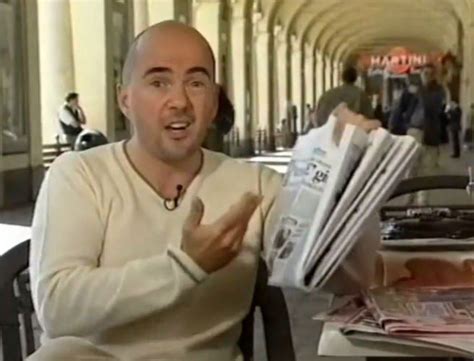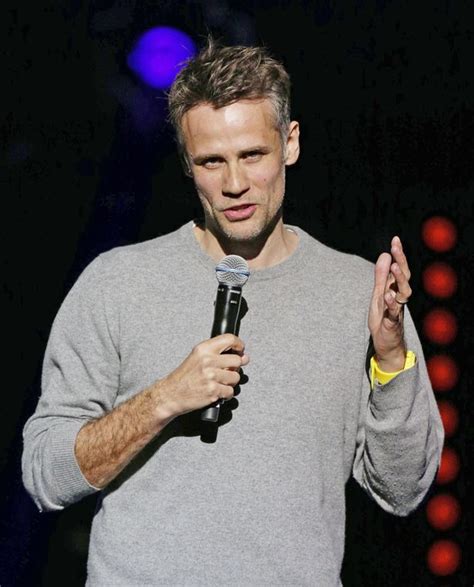A Quote by Nicki Chapman
I applied for three jobs in record companies and was offered all of them. I took the most glamorous-sounding job in the promotions department and it began my love affair with the music industry.
Related Quotes
When we talk about economic growth, we're not talking about bringing a bunch of companies in that can make a bunch of bucks and hope they spend 'em in our city. We're talking about creating jobs, creating new companies and then we move from there to talk about cooperatives which can become some of those jobs, some of the solidarity economy where we can begin to band together people so they'll understand that a job is not a single individual affair but a collective affair.
When I heard the news that Steve Jobs had died, my mind flashed back to 1985, when I began my love affair with computers. I was stationed in Moscow for The Associated Press, and I ordered an Apple IIc - by Telex - from a department store in Helsinki, Finland. They express-shipped it to me, a month later, by train.
Unfortunately, you don't get artist development anymore. Record companies have become a huge corporate thing. It used to be you'd meet someone [in the business] and they'd have a little history of music. Some people in the companies now don't even like music. It's just a job. So I miss the days when someone would go out on a limb and pick a band that was different. I just don't see that anymore. It's the same with the film industry.
There's an examination for young people to go to university. I failed it three times. I failed a lot. So I applied to 30 different jobs and got rejected. I went for a job with the police; they said, 'You're no good.' I even went to KFC when it came to my city. Twenty-four people went for the job. Twenty-three were accepted.
Pop was initially ignored as a moneymaker by the recording industry. In the seventies they were still relying on Frank Sinatra and Tony Bennett for their big hits. You know, most of the budget for the record companies in those days went to the classical department - and those were big budget albums.
If you have good songs and a real desire to make music, the next thing to do, instead of approach record companies, is to get yourself a really good manager because then it allows you to focus on your profession of being a musician. Then they can focus on the darker art of the record label and the music industry.
As many people know, our job market problems began long before the latest recession. We have faced literally decades with no substantive increase in median wages, and job growth, except in health and government jobs such as education, has been stagnant for a while. People are now expected to travel more and to work at odd hours to coordinate with people all over the world. Simply put, companies have prospered, but for the most part, people have not.
When it all started, record companies - and there were many of them, and this was a good thing - were run by people who loved records, people like Ahmet Ertegun, who ran Atlantic Records, who were record collectors. They got in it because they loved music... Now, record companies are run by lawyers and accountants.

